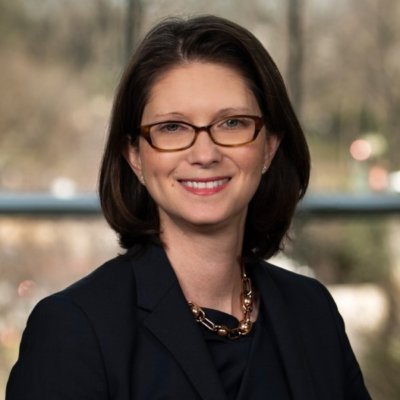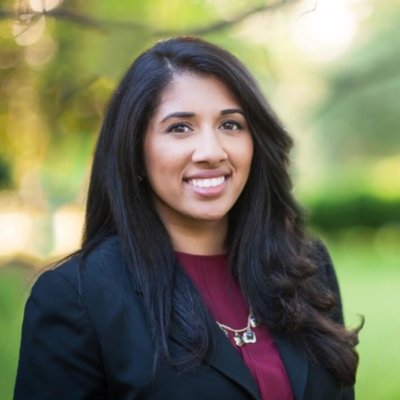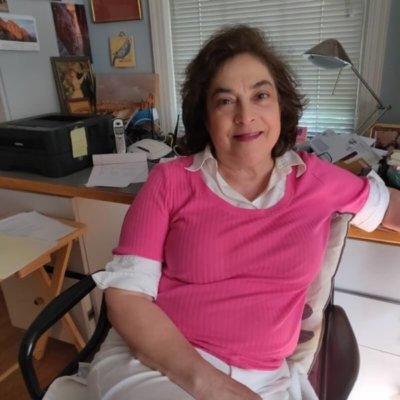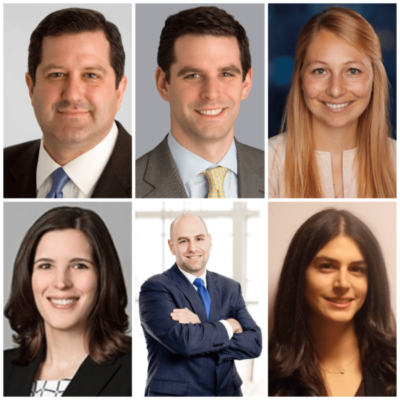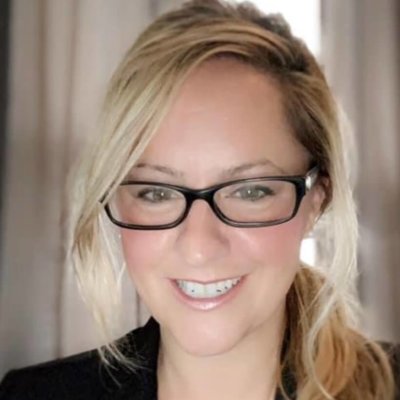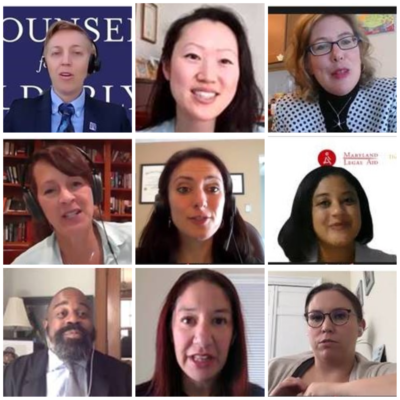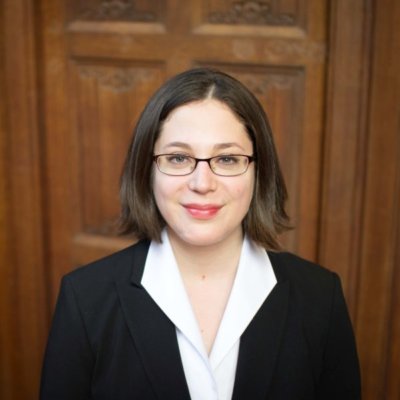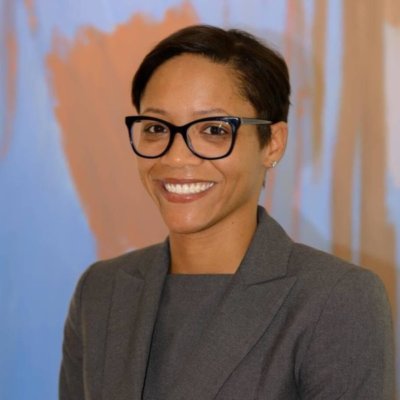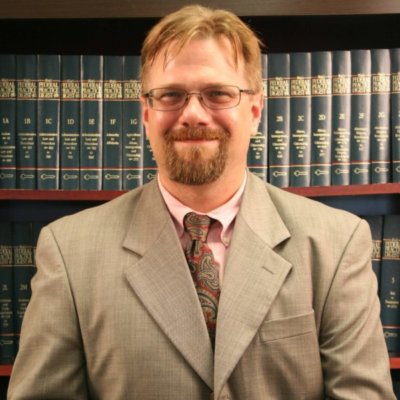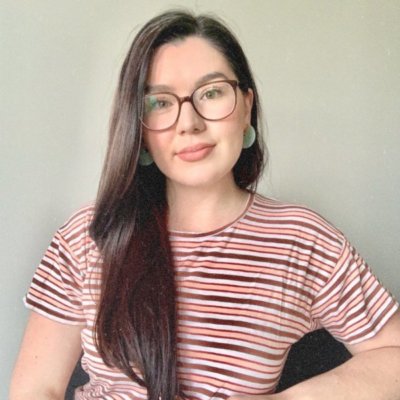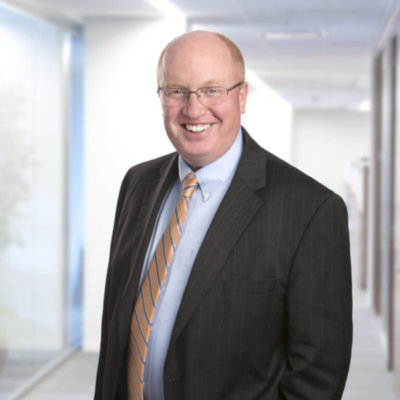by Nefertari Elshiekh On July 23rd, we wrapped up this year's Summer Forum, with the sixth panel focusing on Criminal Law & Death Penalty. The panelists included: Brandi Harden, Harden & Pinckney, PLLC Callie Heller, ABA Death Penalty Representation Project Daniel Levin, White & Case Bridgette Stumpf, Network for Victim Recovery of DC Liz Wieser, D.C. Office of the Attorney General’s Public Safety Division D.C. Office of the Attorney General's Public Advocacy Division's Stephon Woods facilitated our conversation. Bridgette began by talking about the wide array of services with which her organization provides victims. In DC, which sits at a unique nexus of federal and local law, survivors face additional barriers with regard to accountability and transparency because of the lack of elected prosecutors that many local jurisdictions have. Brandi then went on to describe how growing up in Texas as the only black child in her elementary school impacted her view of the law. Her firsthand experiences with an unfair justice system and her Texan perspective shaped her decision to become a lawyer as she felt she had a responsibility to ensure poor people had exceptional representation even if they couldn't afford a lawyer. Brandi highlighted one staggering statistic: Harris County, in Texas, has more death sentences than anywhere else in the country, and this resonated with Callie, who practiced in Harris County. Callie pointed out the lack of resources provided to attorneys involved with death penalty cases. She helps connect pro bono counsel, who are crucial in filling those gaps, with where the need is greatest. Callie also alluded to the interplay of racial injustice in the work she does through a policy example in North Carolina, where the Racial Justice Act allowed death row inmates to see a commutation of their sentence to life in prison if race was a factor in imposing the death penalty. However, the Act was later repealed, which caused contention over what happens to the six inmates that had applied for or were granted relief while the law was in effect. In June, the North Carolina Supreme Court held that applying the repeal retroactively violated the constitutional prohibition on ex post facto laws. This is a prime example of the importance that policy work plays alongside individual representation in addressing systemic racism in the criminal justice system. In continuing this discussion of racial injustice, the panelists addressed alternative methods to prosecution and the role the Black Lives Matter movement plays in each of their respective organizations. Liz elaborated on the D.C. Office of the Attorney General's restorative justice program, which addresses accountability for some crimes by focusing on the harm done to victims. This approach aims to empower victims while still holding offenders accountable. Bridgette echoed the impact of such a program by noting that when asked, many victims did not want to necessarily engage in a punitive process, but rather wanted to have a conversation that allowed them to elucidate the harm that was done to them. Brandi expressed her hope that the Black Lives Matter movement is exposing the need to redirect resources to better serve and protect the community. From his own experience in working on cases that address gang violence, Daniel described how the people involved in gang violence often had long criminal histories that started with minor crimes committed when they were juveniles. Without another alternative, they were "thrown into the criminal justice system, and it was a spiral that led to more and more criminal behavior." He stressed that as a society we have not done enough to find alternatives to help individuals and give them opportunities to get out of that spiral, but it can be beneficial to everyone to shift resources to these areas. He ended with encouraging the audience to "have discussions, invite people in, and listen to them." Catch up on the conversation and discover pro bono opportunities on social media using #SumFo2020. Nefertari Elshiekh is the 2020 Washington Council of Lawyers Summer Intern.







